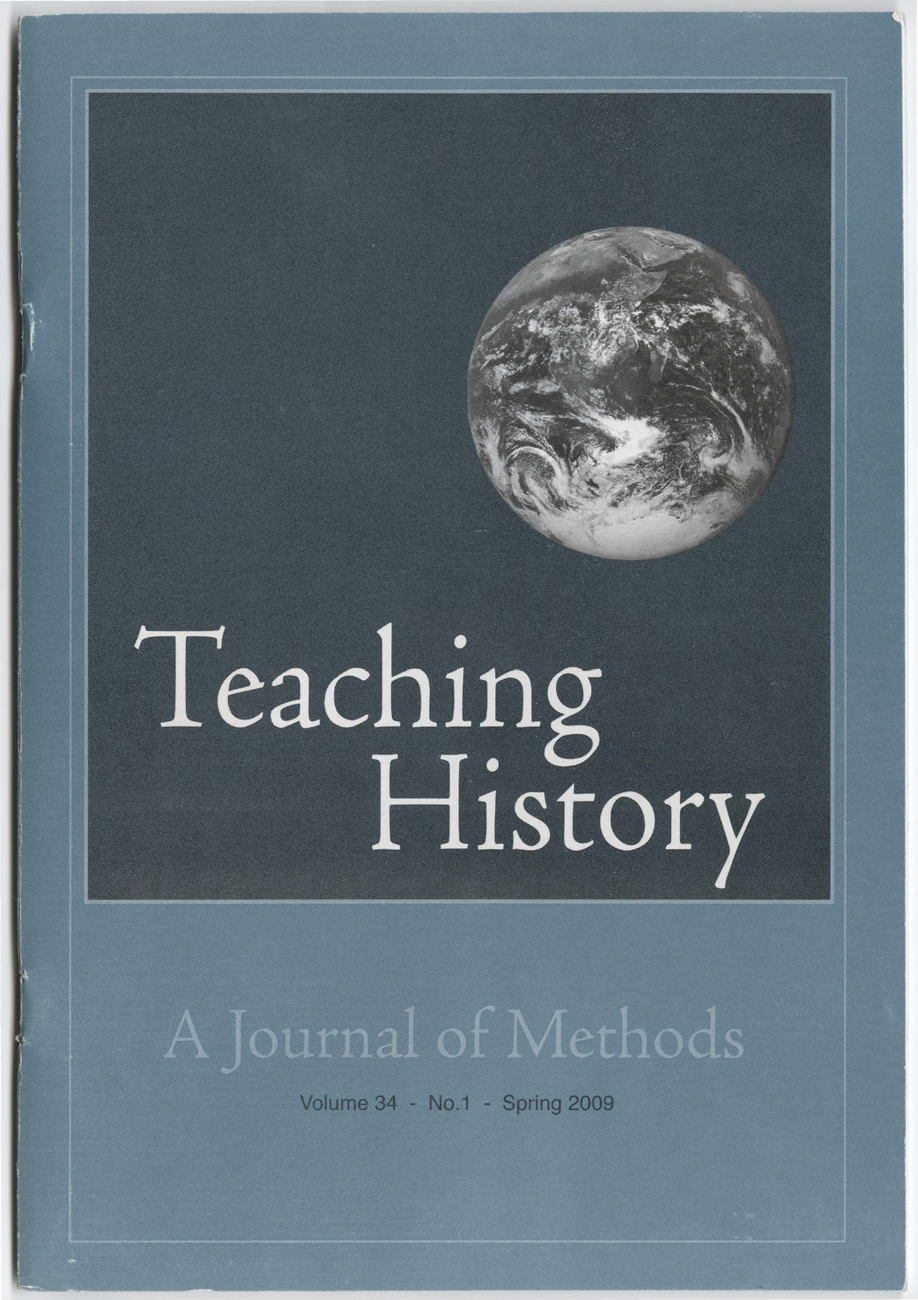An American Founder's Dream
Using Benjamin Rush's Subconscious As An Introduction To The Study Of History
DOI:
https://doi.org/10.33043/TH.34.1.11-16Abstract
For a number of years my students in both the first half of the American history survey and in an upper-division course on the Early Republic have started their semesters by analyzing the subconscious of Benjamin Rush, a Philadelphia physician and a prominent member of the American revolutionary generation . Rush's recounting of one of his dreams offers an excellent opportunity for introducing students to the craft of analyzing primary sources for what they reveal about a particular time period or place in the past. Moreover, Rush's dream allows for considerations regarding the nature of history itself.
Writing and reporting on dreams was nothing new for Benjamin Rush. He was fascinated with this facet of human existence and spent time studying and lecturing on the topic . The vividness with which Rush was able to communicate his dreams was admired by John Adams who declared in 1805, upon reading Rush 's account of a dream, "I admire the brilliancy of your invention when asleep." Four years later, in 1809, Adams wrote to his friend, "If I could dream as much wit as you, I think I should wish to go to sleep for the rest of my life, retaining, however, one of Swift's flappers to awake me once in 24 hours to dinner, for you know without a dinner one can neither dream nor sleep."
Downloads
Downloads
Published
How to Cite
Issue
Section
License
Copyright (c) 2009 Christopher J. Young

This work is licensed under a Creative Commons Attribution-NonCommercial-NoDerivatives 4.0 International License.
By submitting to Teaching History, the author(s) agree to the terms of the Author Agreement. All authors retain copyrights associated with their article or review contributions. Beginning in 2019, all authors agree to make such contributions available under a Creative Commons Attribution-NonCommercial-NoDerivatives 4.0 International license upon publication.



